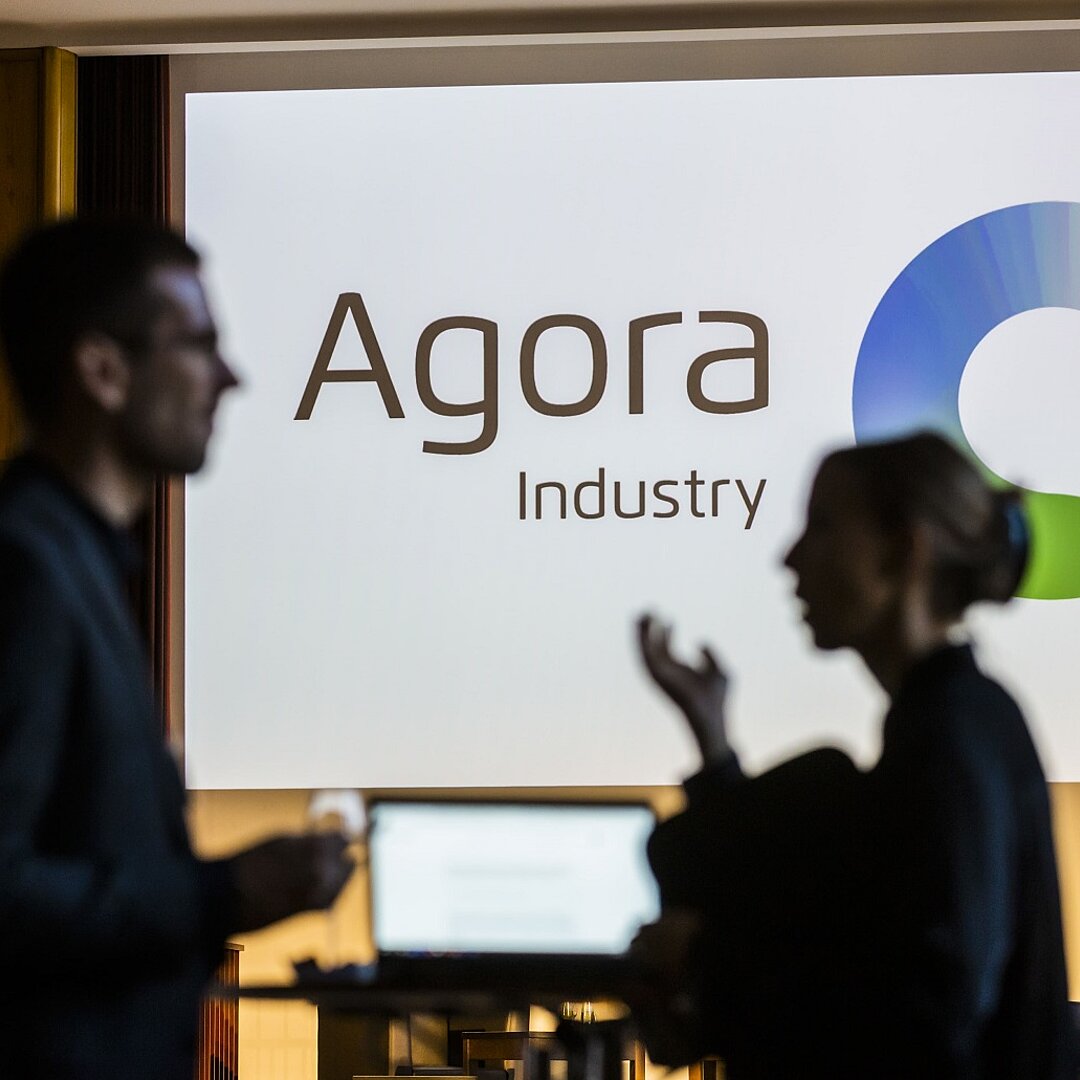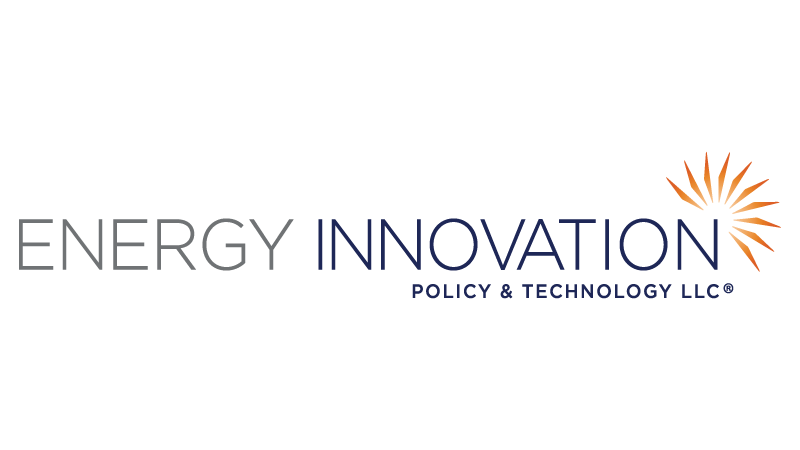This content is also available in: German
Clean industry policy package
There is no magic bullet for achieving climate-neutral industrial production. A package of mutually supporting policies is needed.
“Industry” is a complex economic sector, made up of many sub-sectors that manufacture different products using a variety of production processes. Consequently, emissions come from different sources and the kinds of investments and technologies needed to reduce them vary.
Agora’s analyses of various sectors’ pathways to net zero reveals some common themes about what is required for a successful industrial transition to climate neutrality. The first and best option to reduce emissions from industrial production is to use resources and basic materials more efficiently. Improving the quality and quantity of recycled materials and designing products for longer lives and with less material can cut emissions from products like plastics, steel, and concrete significantly.
Support for early investment into climate-friendly technologies is needed for the production of basic materials. Whether for hydrogen-based steel making or bio-based chemicals production, for industrial-scale heat pumps and e-boilers, or best available technologies for plastic waste recovery and recycling, such investments can initially be supported by financial de-risking instruments and (limited) subsidies.
To accompany these investments, there is a need to build new infrastructure. This means the expansion of clean electricity infrastructure (generation and transport), the development of carbon capture and storage in appropriate locations and clean hydrogen production, storage and transport. Clean energy infrastructure development and access to it requires planning, regulation and permitting by state and local authorities.
Decarbonising industry also means creating and scaling up markets for climate-neutral products. In Europe, carbon pricing and regulation of carbon emissions from production are a critical part of the approach. But other instruments can also play a role, such as green public procurement policies, product labelling standards or embodied carbon regulation. In some cases, incentivising the switch to clean electricity from natural gas or coal will require energy pricing and tax reform.
A final part of the industry policy package concerns international trade. Countries implementing carbon pricing or other regulations to control carbon emissions must protect their industries against “carbon leakage”, i.e. the risk that emissions simply move to regions with less stringent climate policies. Moreover, fair and pro-climate trade rules can also support the scale-up of green lead markets, the diffusion of clean technologies and clean development in the Global South.
Agora Industry’s work builds on these five pillars: material circularity, technology, clean energy infrastructure, green markets and climate-friendly trade rules. It is important to think about the transition as a “clean industry package” of policies, not as a search for a policy silver bullet.






